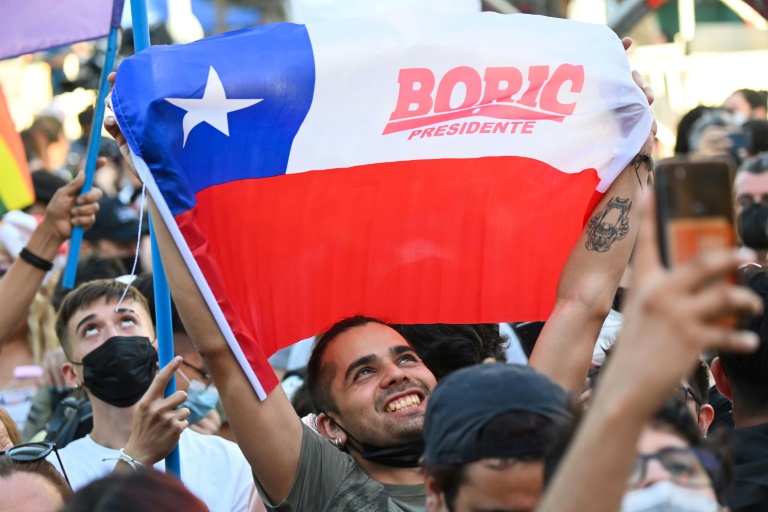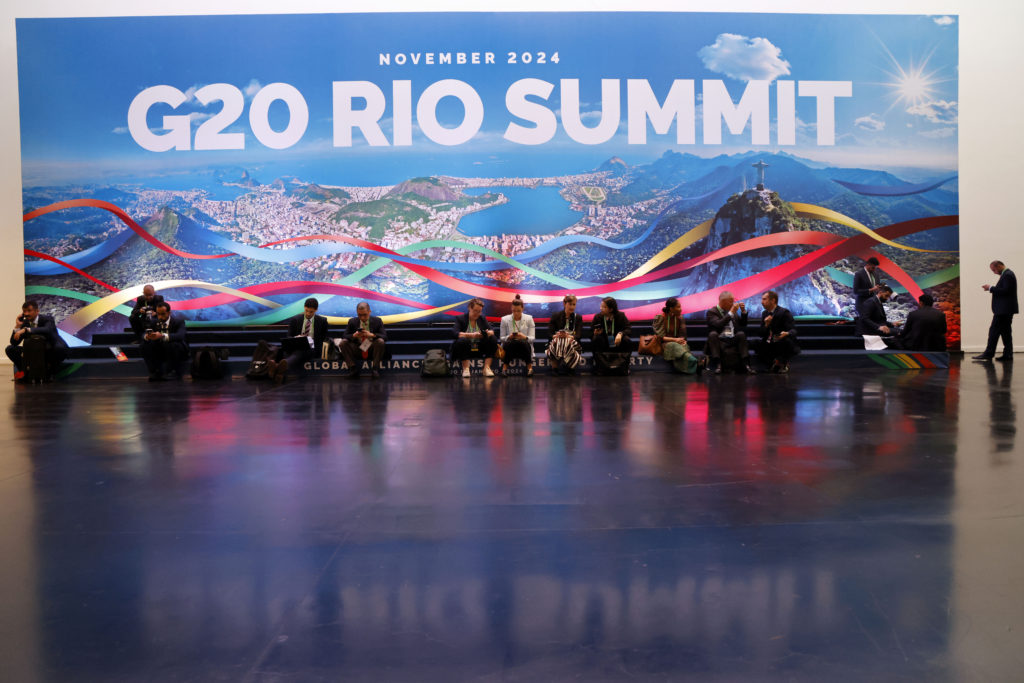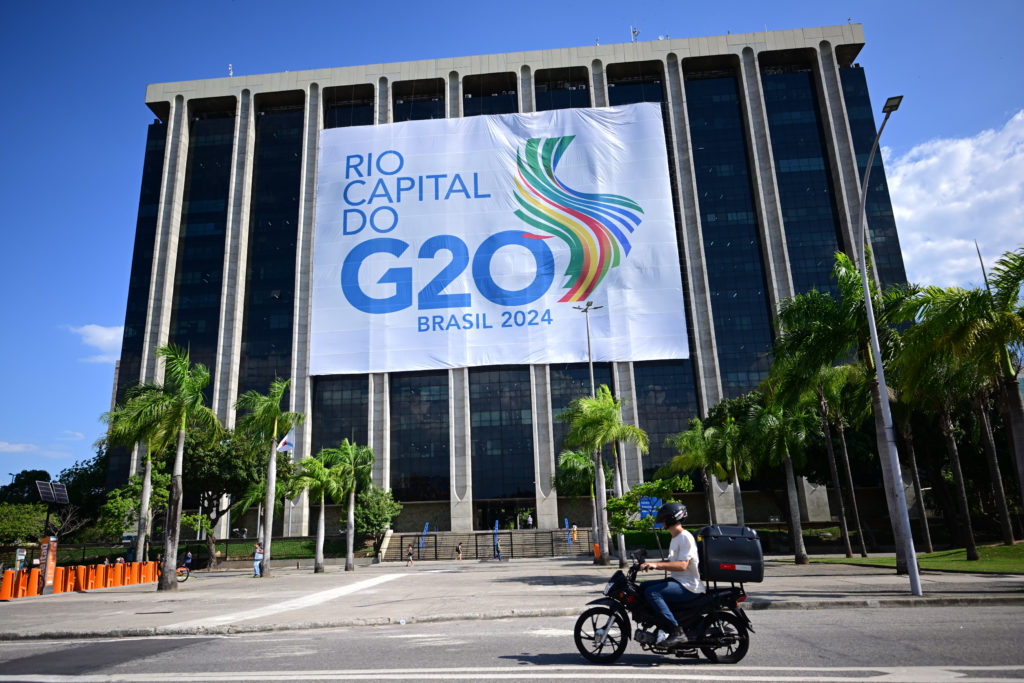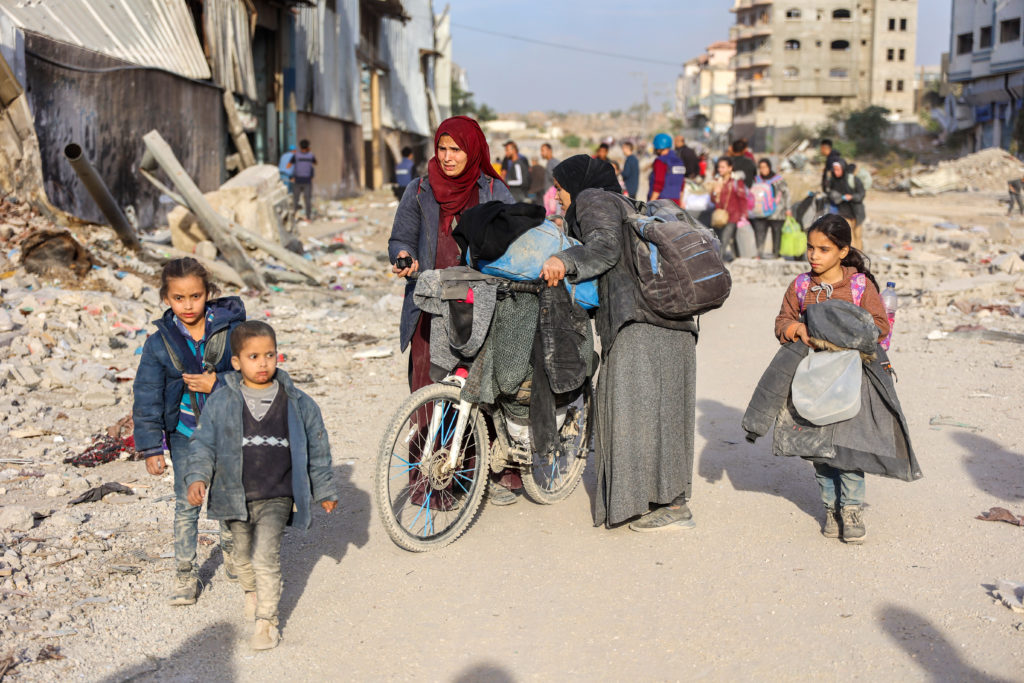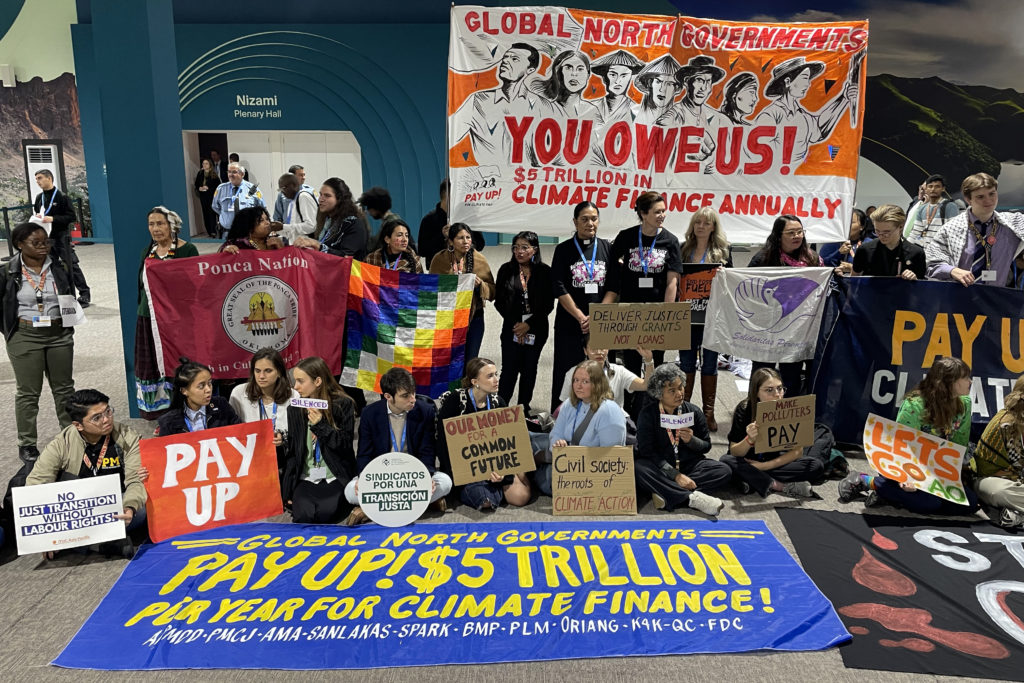The streets of Santiago exploded in celebration Sunday after leftist millennial Gabriel Boric was declared Chile’s new president with an unexpectedly large victory over his far-right rival in a polarizing race.
Boric, 35, garnered nearly 56 percent of the vote compared to 44 percent for ultra-conservative Jose Antonio Kast, who congratulated the “president-elect” on Twitter even before the final result was known.
Chileans took to Santiago’s streets after Kast’s concession, honking car horns in approval, brandishing pro-Boric placards, waving the multi-colored LGBTQ flag and shouting: “Viva Chile!”
Some set off fireworks.
“I’m thrilled, I am crying with joy. We dealt a blow to fascism!” pharmacy worker Jennie Enriquez, 45, told AFP.
“I am happy because there are going to be many changes that will help the people and the working class,” added construction worker Luis Astorga, 58.
Boric had campaigned on the promise of installing a “social welfare” state, increasing taxes and social spending in a country with one of the world’s largest gaps between rich and poor.
“I will do my best to rise to this tremendous challenge,” Boric said after his election, thanking the people of Chile for placing their trust in him.
Kast, for his part, tweeted: “I just talked to @gabrielboric and I congratulated him on his great triumph.
“From today on, he is the president-elect of Chile and he deserves all our respect and constructive cooperation. Chile always comes first,” said the right-winger, an outspoken apologist for Chile’s brutal dictator Augusto Pinochet.
– ‘A more humane Chile’ –
The new president will face the difficult task of healing a society reeling from a polarizing campaign replete with antagonistic attacks and fake news onslaughts.
For a country that has voted centrist since the democratic ousting of Pinochet 31 years ago, it was a stark choice between two polar opposite political outsiders.
Boric on Sunday reiterated his plans for “a more humane Chile, a more dignified Chile, a more egalitarian Chile.”
“We have hope, we believe that we will enter another stage in Chile, a stage where we can test the concept of the welfare state,” Boric-backer Sebastian Vera, a 35-year-old history teacher, told AFP.
Kast had edged out six other contenders in the first presidential election round in November to take the top spot, with 27.9 percent of the vote.
Boric came second, with 25.8 percent.
Unlike the new president, Kast opposes same-sex marriage, contraception and abortion, and sought to paint Boric as a “communist” in a country deeply suspicious of far-left doctrine.
Both candidates softened their policy proposals since the first round in a bid to appeal to Chileans left without an obvious candidate when they split the centrist vote in the first round, leaving only the two antipodes.
The men represented parties that have never been in government.
– There will be ‘noise’ –
Chile is going through profound change after voting overwhelmingly last year in favor of drawing up a new constitution to replace the one enacted in the Pinochet years.
The 2020 referendum was in response to an anti-inequality social uprising in 2019 that left dozens dead.
The drafting process, in the hands of a largely left-leaning body elected in May, must yield a constitution for approval next year, on the new president’s watch.
President Sebastian Pinera, who leaves office with a low approval rating, said Sunday the country was living in “an environment of excessive polarization, confrontation, disputes.”
Pinera urged his successor, before the result was known, to never forget that “he will be the president of all Chileans, and not just those who support him.”

